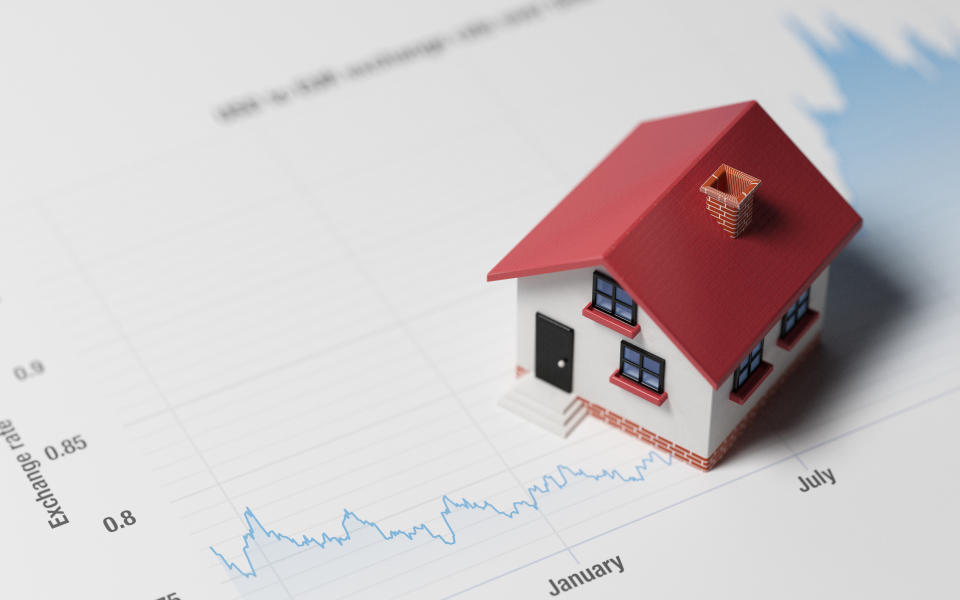The true cost of buying a home: What to budget for when buying a property

Buying a home is more expensive that you might realise.
Not only do you have the cost of the purchase itself, but there are all sorts of hidden extras that might not spring immediately to mind when you have fallen in love with a property you want to buy.
With that in mind, here’s a rundown of some of the biggest cost areas you’ll probably need to budget for when buying a new home.
Stamp duty
When buying a home, you’ll have to pay Stamp Duty Land Tax on the purchase. How much you pay depends on the value of the property. For example, on a £200,000 home you’ll pay £1,500 in stamp duty depending on your circumstances. The government’s stamp duty calculator will tell you how much you would owe on purchase.
Solicitor
You’ll need a solicitor to handle your purchase and also sale, if you’re selling too. The legal work carries a fee and there are often lots of hidden extras, such as the cost of doing property searches, a fee for transferring mortgage funds, and so on. Ask your solicitor for total transparency up front on all the known fees that are coming your way. Then you’ll get a good idea of what the final total will be. It’ll usually come in somewhere between £1,000 and £2,500 depending on how complex the legal work for the purchase is.
Estate agent
If you’re a seller, remember the estate agent you used will probably demand their fee upon completion. That will typically be between 1% and 3% of the property’s value, plus VAT on top. This is a hefty cost not dissimilar to stamp duty so can mean thousands of pounds leaving your account.
Mortgage
Mortgages typically come with product fees, which can be around £1,000 and sometimes added to the loan. There may also be a valuation fee. And while there are free mortgage brokers out there, some you have to pay for, usually a couple of hundred pounds. You’ll also need to be able to afford the deposit of anywhere between 5% and 20% of the property’s value. While not a fee, it’s still money you’ll need to account for somewhere.
Survey
Having a full survey done of the house is very important before you make a purchase. You don’t want to buy a property that has major problems. Surveyors will also flag minor issues and make an overall judgement about whether they think what you’re paying is a reasonable price. The cost of a survey is typically a few hundred pounds. It’s worth getting several quotes for survey work.
Removal
The cost of hiring a van or maybe even a full removal service, including packing, is worth considering if you’re unable to do it all yourself or don’t have family on hand to help. Depending on what you need and how much there is to pack and transport, the cost can run from a few hundred pounds to the low thousands. Get quotes to make sure you secure a good deal. Moreover, don’t forget the extra costs on moving day, such as someone to look after the pets and the children.
Home insurance
To secure a mortgage you’ll need to insure your home against any damage. This is different to contents insurance as it’s not about what’s inside the home but the building itself. You can get quotes, but you’re probably looking at north of £100 for the year.
Work
Your survey may pick up on work that needs doing fairly urgently, such as drain repairs. If the surveyor says something needs to be addressed quickly then you should heed their advice. Get quotes for whatever needs attending to in advance of your purchase and then set aside the money to pay for it.
Buffer
If possible, set aside money as a buffer in case there are surprise costs for which you haven’t budgeted specifically. It’s better to overestimate the total you’ll need than underestimate it. Whatever the total is, try, if possible, to set an extra £1,000 aside just to be safe. Or as much as you are able to—just for peace of mind.

 Yahoo Finance
Yahoo Finance 